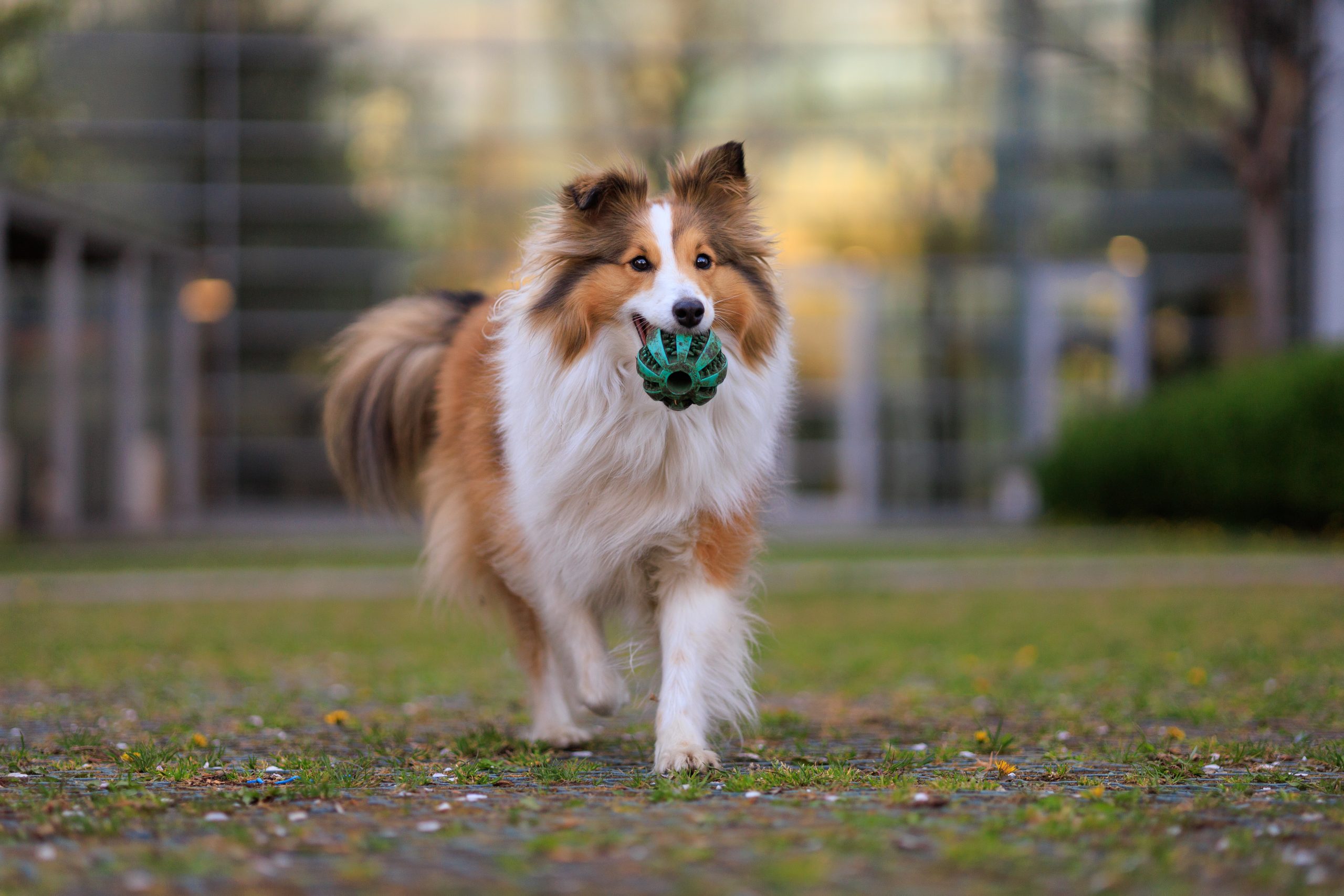Shetland Sheepdogs, affectionately known as Shelties, are loved for their beauty, intelligence, and friendly disposition. However, as a long-time owner, I’ve encountered a fair share of misconceptions about this remarkable breed. In this post, I aim to debunk the five biggest myths about Shelties.

Myth 1: Shelties are Small Rough Collies
While Shelties bear a striking resemblance to Rough Collies, they are not simply miniature versions of their larger counterparts. They are two distinct breeds with different histories and traits. Shelties hail from the Shetland Islands of Scotland where they were bred to herd and guard flocks, whereas Rough Collies originated from mainland Scotland and were bred for similar, but not identical purposes.
Myth 2: Shelties are Hyperactive
Some people believe that Shelties are always bouncing off the walls. The truth is, while Shelties are energetic and need regular exercise, they are not hyperactive. Their energy levels are comparable to other herding breeds. A Sheltie with the right amount of exercise and mental stimulation can be quite calm and relaxed, especially in a home environment.
Myth 3: Shelties are Shy and Aloof
Shelties are often perceived as shy or aloof. However, these dogs are usually reserved rather than shy. While they may be cautious around strangers initially, they often warm up once they assess the situation. With proper socialization from a young age, Shelties can be very friendly and sociable dogs.
Myth 4: Shelties are High Maintenance Due to Their Coat
While Shelties have a beautiful, long double coat, they are not as high maintenance as one might think. Yes, they require regular brushing to prevent matting and tangling, but they typically only need thorough grooming once or twice a week. And contrary to what some believe, Shelties should not be shaved as their double coat helps regulate their body temperature and protects them from the elements.
Myth 5: Shelties are Prone to Bark Excessively
It’s true that Shelties are vocal and they will bark to alert their family of anything out of the ordinary, which is a trait from their herding heritage. However, they are not incessant barkers if they are trained properly. Positive reinforcement techniques can be used to teach your Sheltie when it’s appropriate to bark and when it’s not.
In conclusion, while Shelties are an energetic, intelligent breed that requires regular mental and physical stimulation, they are not hyperactive, shy, or high maintenance. They are far from just being small Rough Collies and with appropriate training, they are not excessive barkers.
Living with a Sheltie is an experience filled with love, companionship, and lots of fun. They are a wonderfully adaptable breed that fits well into many types of homes and lifestyles. As with any breed, understanding the truth behind these myths can help you appreciate the unique qualities that make a Sheltie a Sheltie. Get to know one; you might find that they are the perfect addition to your family.
 Toledo, United States.
Toledo, United States.
